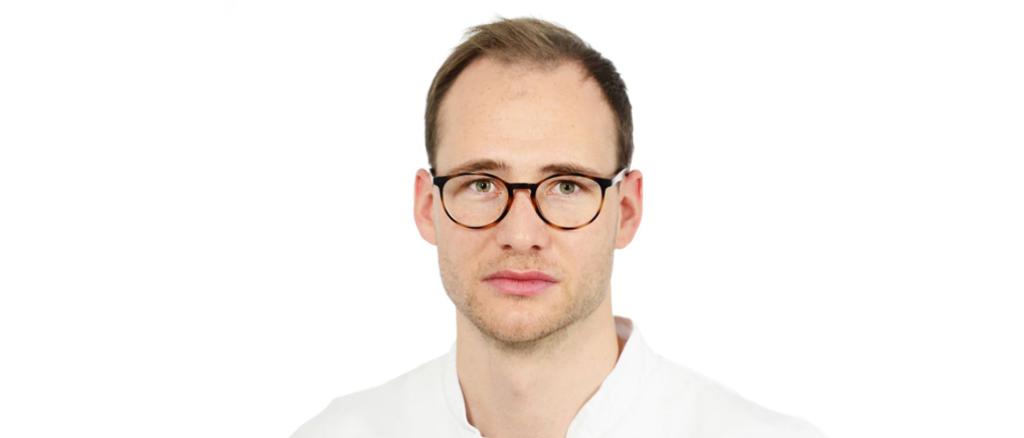
Within the scope of his funded project Adrian Gottschlich is developing targeted new immunotherapies for (young) patients with Hodgkin’s lymphomas (cancer of the lymph nodes) by means of computer-aided bioinformatic analyses. These new and specific therapeutic options are intended to contribute toward alleviating long-term side effects associated with chemotherapy and improving the survival rate for these patients. “During my daily work on our oncological wards the opportunity presents itself to me to experience firsthand both the successful progress oncological therapy is making and the problems it faces. These daily experiences – whether positive or negative – inspire me to be active as a Clinician Scientist and to contribute my part toward optimizing existing therapies or developing completely new options for treatment,” the scientist explains.
He concluded his studies in medicine from 2012 to 2019 at the Ludwig Maximilian University of Munich (LMU), as well as at the University Hospital Zurich and Groote Schuur Hospital in Cape Town. After earning his doctorate at the Dept. of Clinical Pharmacology at the LMU hospital, he accepted a research fellowship at the University of Colorado in the USA. These were followed in 2019 by a postdoctoral fellowship and the commencement of training as a specialist at the Medical Clinic and Polyclinic IV in the Dept. of Clinical Pharmacology at the university hospital in Munich.
After receiving a scholarship from the German Academic Scholarship Foundation and an award as LMU Clinician Scientist of the Year 2023, this year he was the Next Gen Science Speaker at the 72nd Lindau Nobel Laureate Meeting. Nominated by the Wilhelm-Sander-Stiftung, a German foundation, he had the chance to submit an abstract for the Next Generation Science Session Emerging Technologies and Cancer bearing the title “Advancing immunotherapies with single-cell technologies - Single-cell transcriptomic atlas-guided development of CAR T cells for the treatment of acute myeloid leukemia” based on a publication in Nature Biotechnology (Gottschlich et al., 2023).
“This was a unique opportunity for me to present the findings from my postdoctoral period to an international audience that included Nobel laureates, and to conduct an exchange with people performing research from different fields of work,” Gottschlich reports. As a young scientist, he found it particularly inspiring to hear about the intriguing paths the Nobel laureates’ lives had taken, which were frequently marked by a complicated and arduous road until achieving their scientific zenith.